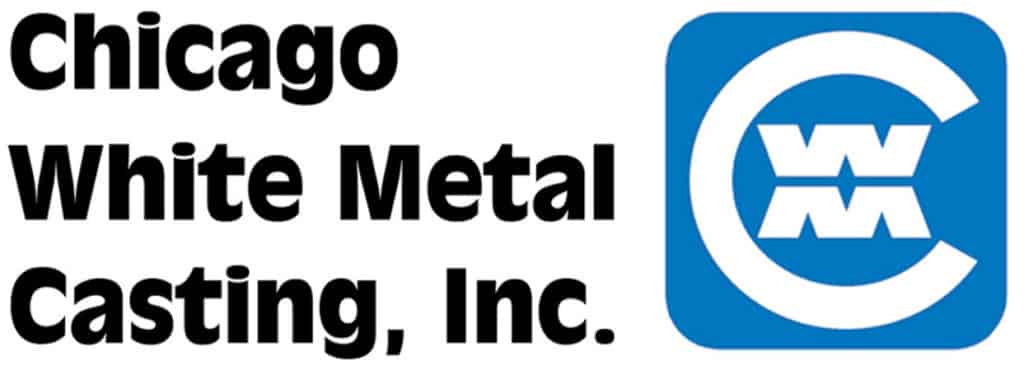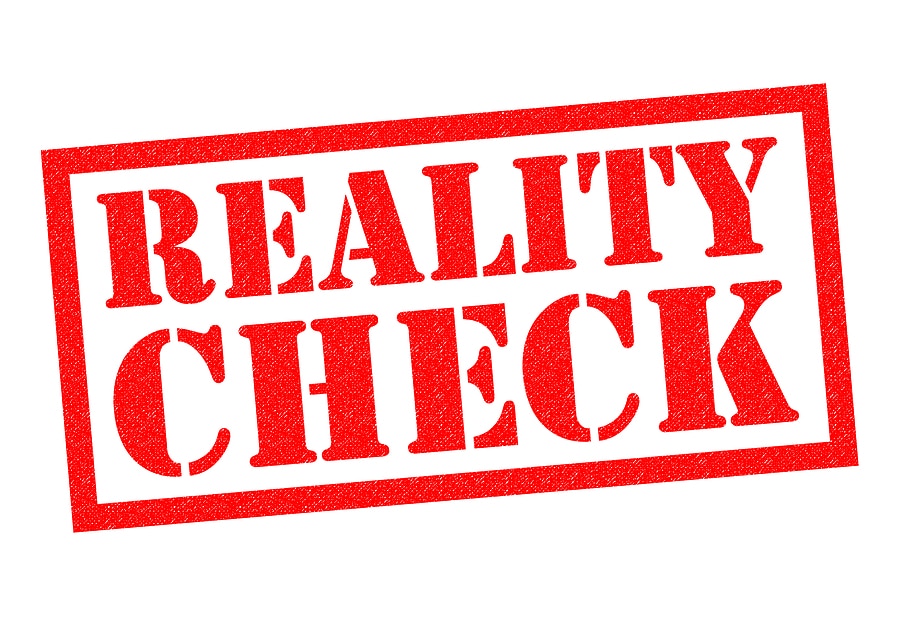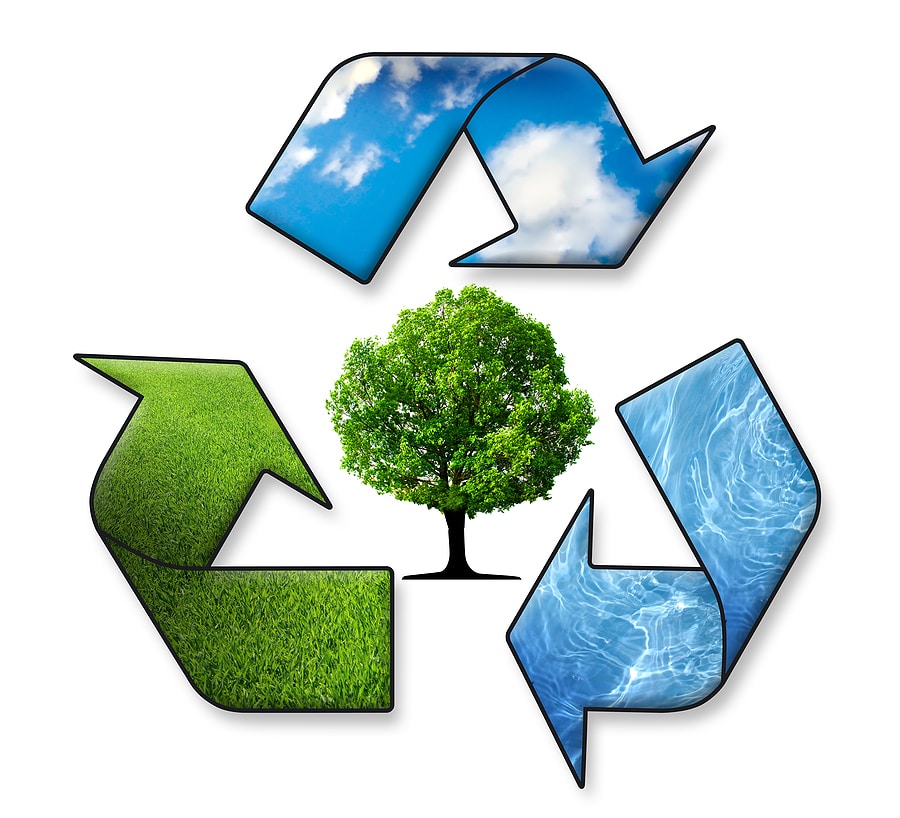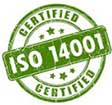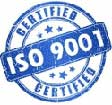If you are considering aluminum die casting for a new part, there are several advantages to doing so. Aluminum die castings are lightweight, corrosion-resistant, has high thermal and electrical conductivity, and are very durable. Aluminum die castings remain strong at high temperatures and retain their dimensional stability even if the part has thin walls or is a complex shape.
Aluminum die castings also have excellent mechanical properties, making it a popular alternative to steel and iron. This is especially true for the automotive industry, which is continually looking for lightweight, durable materials.
Benefits of Aluminum Die Casting
Aluminum can be cast in a variety of ways. The benefit of using the high pressure die casting process over other aluminum casting processes is lower part cost. The aluminum high-pressure die casting process can produce a near-net shape in seconds.

Though high pressure die casting tooling is more expensive than other casting processes, the heat-treated steel and water-cooled die cast die might produce 75K-200K “shots” over its life. And depending upon the part size, geometry, and demand, tools can often be built to produce multiple parts in one “shot,” which further reduces the part price and allows the tooling cost to be amortized over very large quantities of parts.
Aluminum is the most popular die casting material by far because it is economical and provides a good mix of properties. There are a surprising amount of parts from numerous industries – like automotive, medical, alternative energy – that are cast via the aluminum die casting process due to its many valuable properties.
Aluminum Die Casting and Die Life Considerations
To maximize die life, certain considerations must be taken into account before building the die. Factors that contribute to die life include:
- The overall design of the part
- Type of tool used to create the die
- Configuration of the mold
- Die steel, heat-treating techniques, and die coatings
- Expectation for part quality
Before a die is built, the customer first presents a concept or existing part to a die caster. A die cast engineer will assess the project from design to end product and work with the customer to optimize the part design for die casting. An initial discussion with the die caster may include topics such as:
- Functional and cosmetic requirements
- Tolerances
- Annual and lifetime volume
- Alloy choice
- Mating parts
- Project timing
- Optimizing wall thickness
Importance of Partnering with an Experienced Die Caster
An experienced die caster will take the time to consult with you about your application and assist you with product design. They will then design the tooling to produce parts with repeatable dimensions, excellent surface quality, consistent mechanical properties, and long tool life.

These factors provide the greatest opportunity for cost savings and maximizing value. A less experienced die caster might offer lower initial costs, but this could cost you in the long run, due to quality, delivery, or tool life issues. A die built to lower specifications will likely fail at an inopportune moment, shutting down production and forcing you to spend much more than what you thought you saved initially.
Contact Chicago White Metal Today
Chicago White Metal Casting (CWM) has 83 years of experience providing our customers with excellent service, saving you money, and resulting in products that you and your customers will love. To find out more about our aluminum die casting service, or other capabilities, contact us online today. You can also reach us at +1 630-595-4425 or via email (sales@cwmtl.com) if you have any questions. You can also click here to request a quote online.
